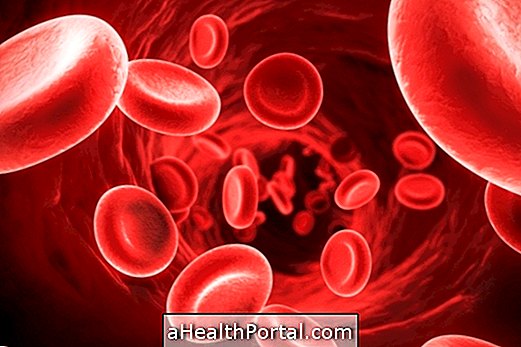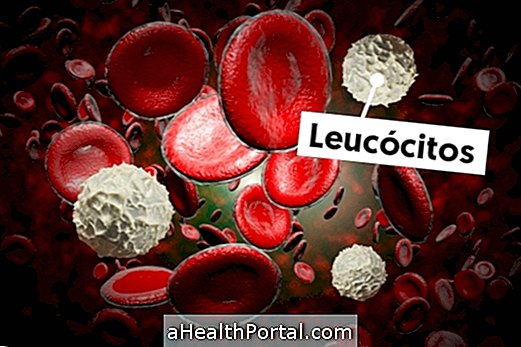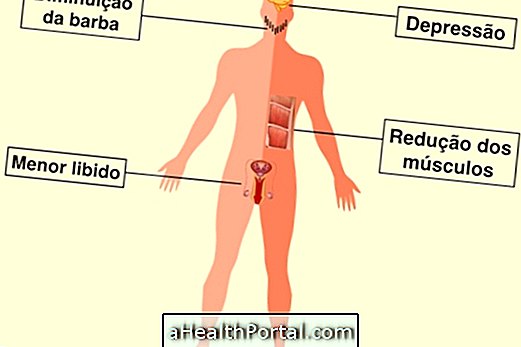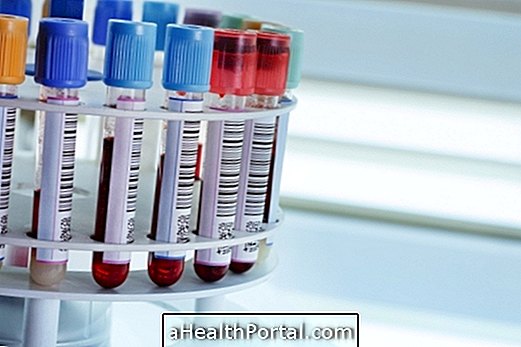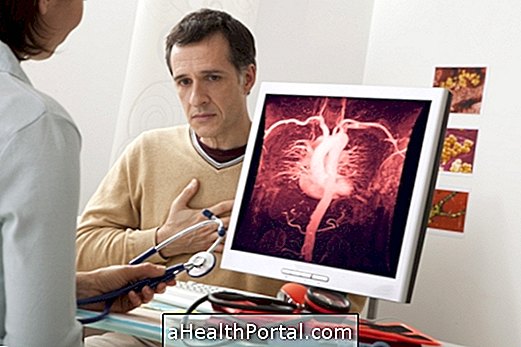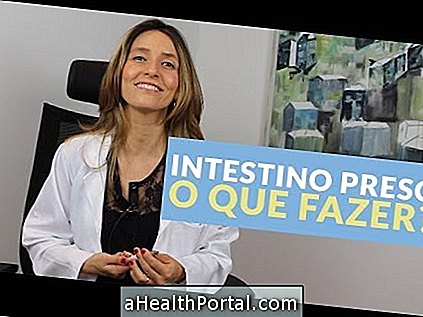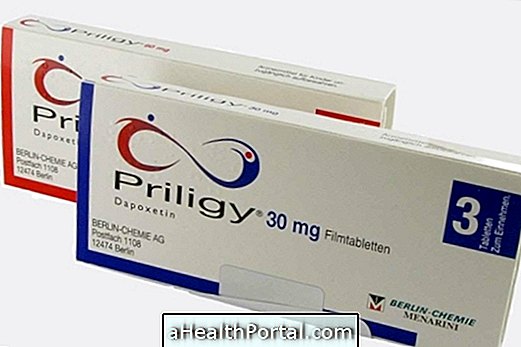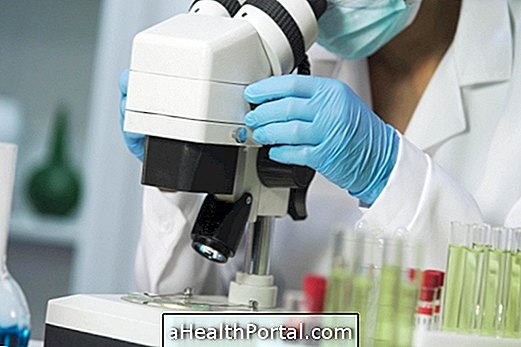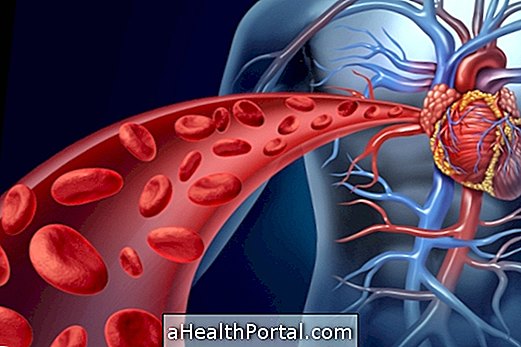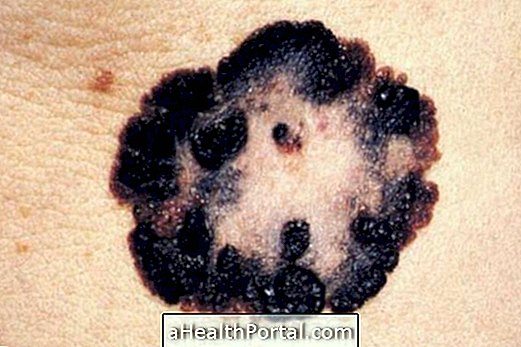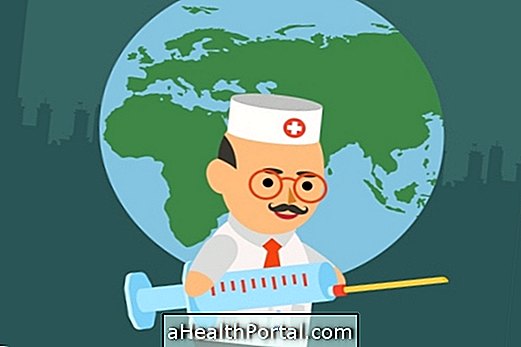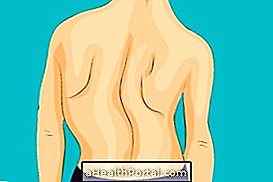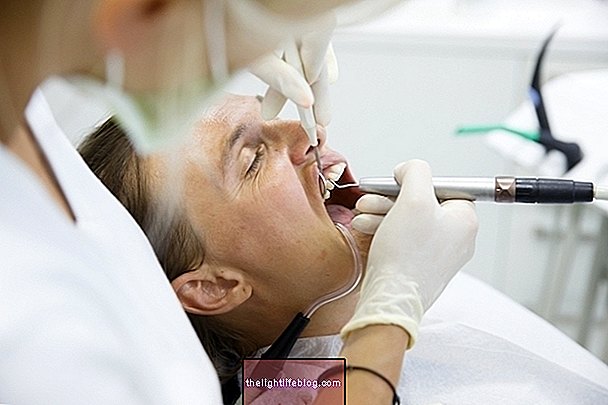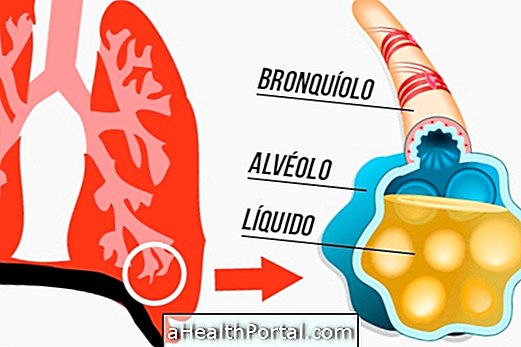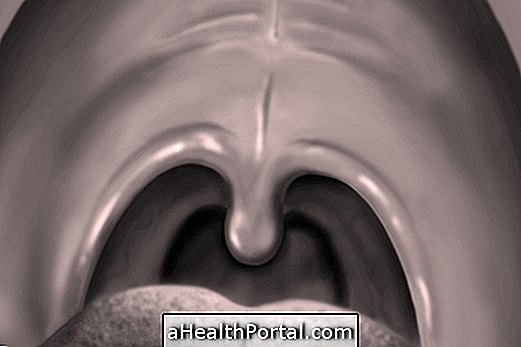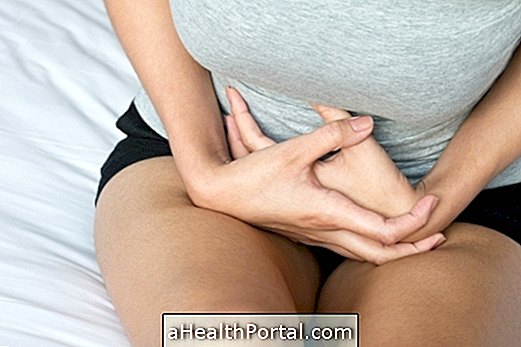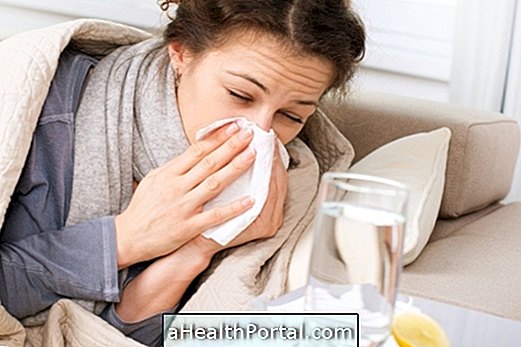The rapid HIV test can be done free of charge by the SUS, at the Centers of Testing and Counseling, or can be bought in pharmacies or even on the internet for about 60 to 130 reais. In the public network, testing is done in confidence with the supervision of a trained health professional, and the result is given only to the individual who performed the test.
Anyone can take the HIV test to identify if they are infected with the virus, but screening is important mainly for at-risk groups such as sex workers, transvestites, transsexuals, gay men, drug users, prisoners, and homeless people. .
How is the HIV saliva test done?
The HIV saliva test is done with a special swab that is passed in the patient's gums and cheeks to collect a sample of fluid and cells that will be evaluated in the test. The result comes out after about 30 minutes, and this test should be done at least 5 days after the risk behavior, which may be intimate contact without condoms or injecting drug use, for example, and there should be at least 30 minutes without eating, drinking, smoking and brushing your teeth, besides having to remove the lipstick before taking the test.
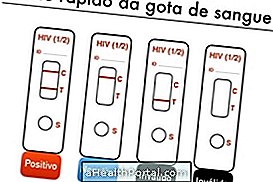

How is the HIV blood drop test done?
The HIV blood test is done with a drop of blood through a prick in the patient's finger, just as the blood glucose test is done for diabetics. This drop of blood is placed in the test apparatus and after about 20-30 minutes the result leaves, being negative when only 1 red line appears on the equipment, and positive when 2 red lines appear.
It is important to remember that both rapid HIV tests are reliable, with 99% correct results. However, in cases where the test result is positive, a standard blood test should be performed to confirm the presence of HIV and its quantity, which is essential to initiate treatment and follow-up of the person in the Centers of Specialized Treatment, where the treatment is done with the support of a team composed of a doctor, psychologist and social worker.
More information about HIV testing and other AIDS tests can be obtained by calling Dial-Health: 136 or Dial-AIDS: (0xx21) 2518-2221.
What to do if the result is positive
After receiving the HIV positive result you should go to the doctor to find out about AIDS and what you should do to maintain your health and avoid transmitting the virus to others.
With the advancement of research it is possible to have quality of life, avoiding and treating AIDS-related illnesses, being possible to work, study and have a normal visa for many years.
People who had some risk behavior and had the test but had a negative result should repeat the test after 1 month to make sure the result because in some cases there may be a false negative result.
To identify if you are at risk for HIV, see:
- Forms of AIDS contagion
Main symptoms of AIDS
Or watch our video on this disease:

